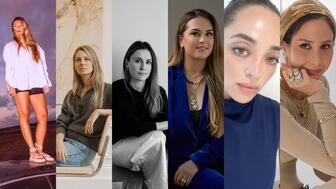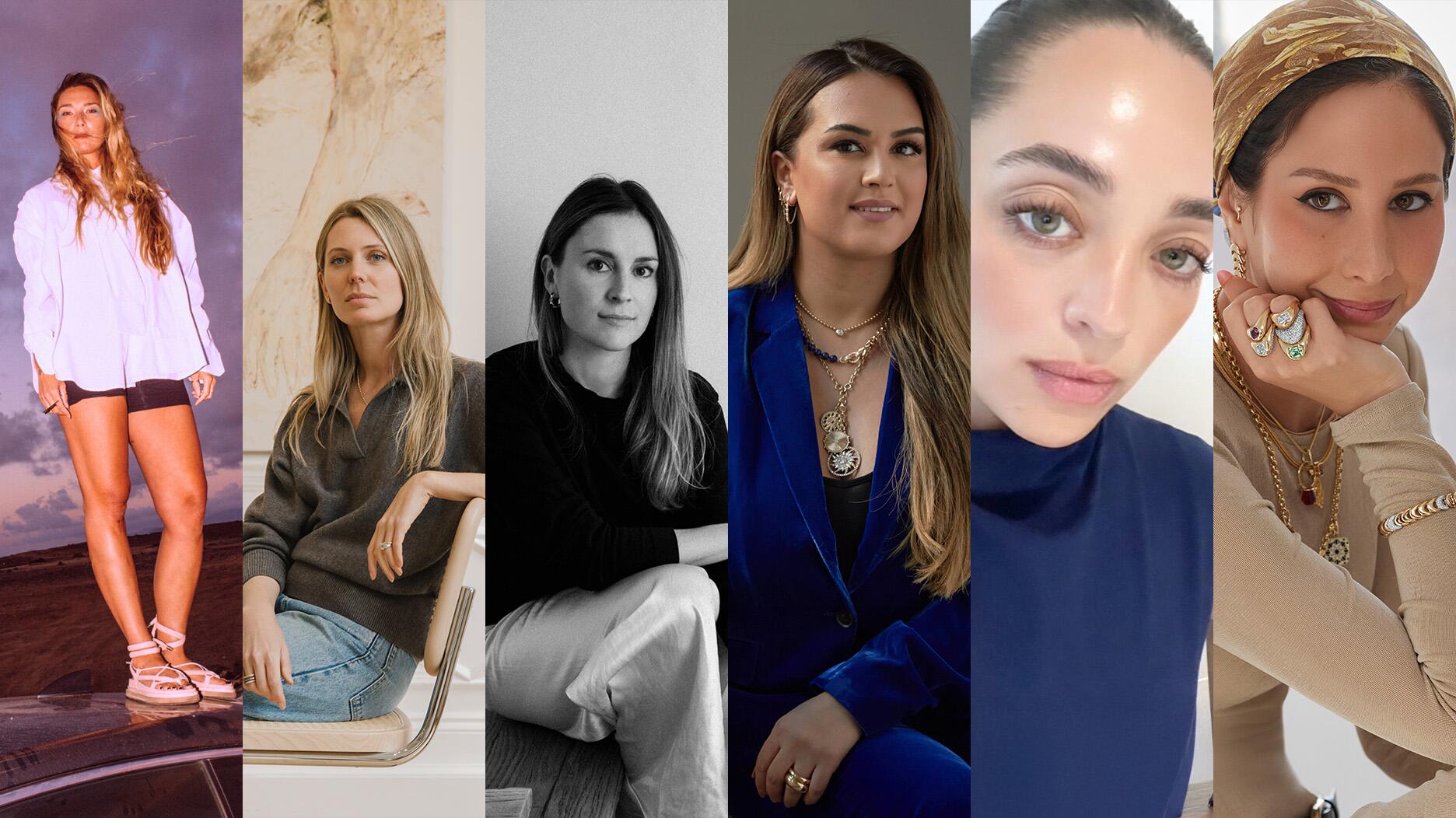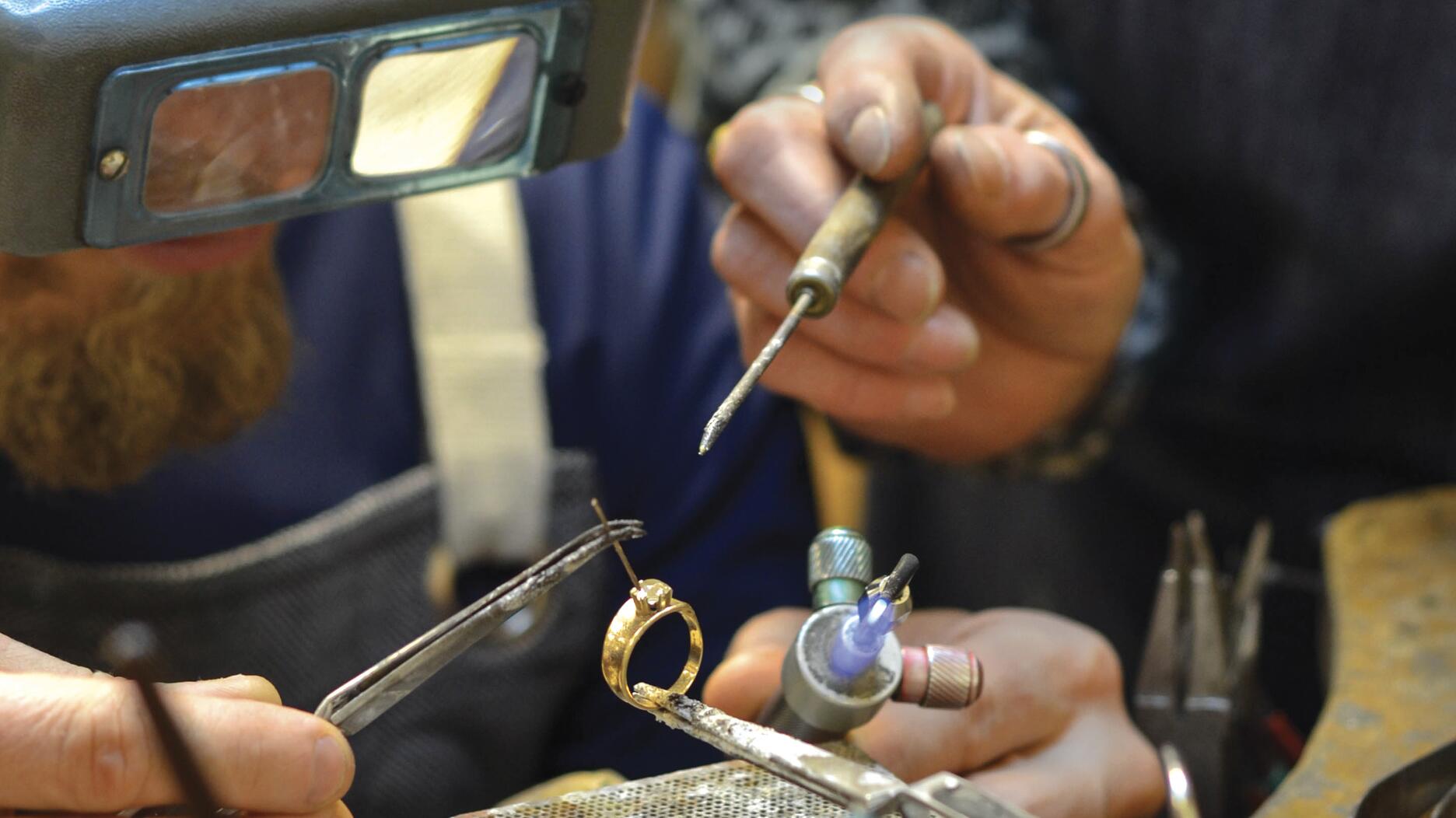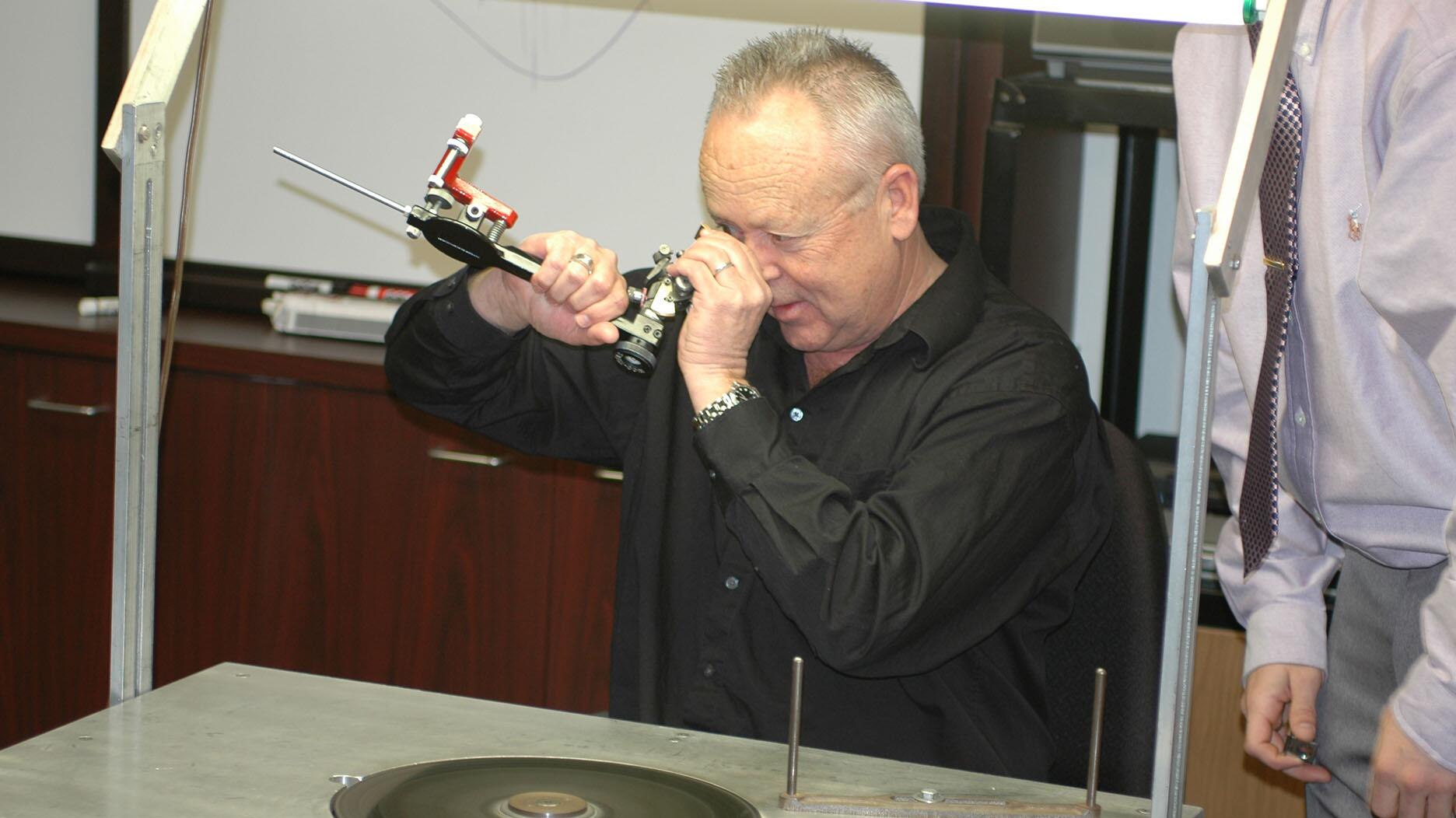What Do We Mean When We Say ‘Responsible’?
It’s a question that’s been on Editor-in-Chief Michelle Graff’s mind since Feb. 24.

Every time the word comes to mind, so does this question: What do we mean in the jewelry industry when we say “responsible?” I don’t mean only as the term applies to RJC and its standards, and I’m not writing this piece as a criticism of RJC alone but, instead, to pose this question to the industry as a whole.
I’m asking, obviously, in light of Russia’s Feb. 24 invasion of Ukraine and its effects on the jewelry industry, which have spread like smoke trapped in a vacuum chamber.
The first major company to speak out was Brilliant Earth, announcing Feb. 26 that it was pulling Russian diamonds from its website.
Signet announced its decision to cut ties with Russian companies during its March 17 earnings call. Tiffany & Co. followed on March 25, and then Chopard.
The RJC blowback came this week, with the resignation of now-former Executive Director Iris Van der Veken and the exit of major players like Pandora and Richemont.
It’s obvious why these companies are disavowing Russian goods and Alrosa’s participation in RJC now, but the situation at hand forces us, if we are willing, to confront a larger truth.
Russian President Vladimir Putin, who first entered office in 2000, has been a bad actor for decades.
The list of atrocities he’s committed or is accused of committing include, but are certainly not limited to, human rights abuses in Chechnya, the 2014 annexation of Crimea, the poisoning of dissidents, and the near extermination of the free press in Russia.
So, was buying diamonds from Alrosa ever really responsible?
It’s another question that’s been on my mind since Feb. 24 and one that JCK News Director Rob Bates addressed in a recent episode of JCK’s podcast.
Bates pointed out that Alrosa has been a well-respected player in the jewelry industry, a “good actor” that’s gone out of its way to be transparent and take social responsibility seriously and, I would add, continues to provide jobs for a lot of people.
But that doesn’t change the fact that the diamond miner is one-third owned by the Russian government, a fact from which Alrosa can no longer distance itself.
“Whatever Alrosa’s merits ... as a business, people really looked at it as something distinct from the Russian government,” Bates said. “And in retrospect, perhaps that was a mistake because it is one-third owned by the Russian government.”
I would be remiss if I ended this editorial without addressing something non-Russia-related that’s come to mind while contemplating the “responsible” question.
Back in fall 2020, Rio Tinto CEO Jean-Sébastien Jacques resigned after the mining company blew up prehistoric caves in Western Australia that were sacred to two Australian Aboriginal groups—the Puutu Kunti Kurrama and Pinikura—and archeologically important, containing signs of human habitation stretching back 45,000 years.
Although the news was not specifically related to Rio Tinto’s diamond mining operations—it was the company’s iron ore division that destroyed the caves—the story felt important enough for us to cover. It received little attention in the trade otherwise.
Rio Tinto was in the news again more recently, this time for a report generated by an internal taskforce that revealed, to quote current CEO Jakob Stausholm, a “deeply disturbing” culture where women are sexually harassed and passed over for promotions, employees in Australia who identify as Aboriginal or Torres Strait Islander experience racism, and LGBTQIA+ employees are bullied.
Rio Tinto, like Alrosa, is, as far as I can tell, a respected player in the industry and a certified member of the Responsible Jewellery Council, once again begging the question—what do we mean when we say responsible?
Is behavior considered “responsible” up until the point it becomes so blatant—like a full-scale, unprovoked invasion of another country—that we can’t look the other way, though, unsurprisingly, many continue to do so?
Are we willing to take “responsible” measures only if it doesn’t hurt the bottom line or complicate business too much?
Are we worried about being “responsible” only when consumers are asking about a specific situation, or when we think they might “find out about it?”
Where do we draw the line on being “responsible?”
As I finished writing this Friday morning, Alrosa sent out a statement that it was suspending its membership in the Responsible Jewellery Council due to the “current unprecedented realities,” while noting it will continue to uphold its high standards of responsible business conduct and ethics, and fully support RJC’s mission.
We will have a full report on Alrosa’s decision in Monday’s newsletter and will continue to follow developments that relate to Russia and Ukraine.
Ongoing developments aside, this crisis is creating many questions the industry must confront, starting with the one I’ve posed here.
The Latest

Family-owned jewelry and watch retailer Deutsch & Deutsch has stores in El Paso, Laredo, McAllen, and Victoria.
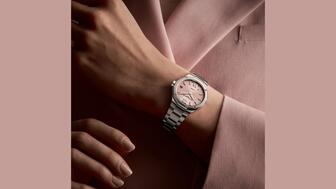
The Italian luxury company purchased the nearly 200-year-old Swiss watch brand from Richemont.
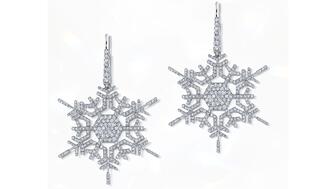
Micro-set with hundreds of diamonds, these snowflake earrings recreate “winter’s most elegant silhouette,” and are our Piece of the Week.
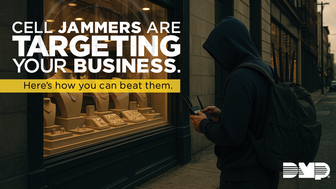
Criminals are using cell jammers to disable alarms, but new technology like JamAlert™ can stop them.

Ella Blum was appointed to the newly created role.

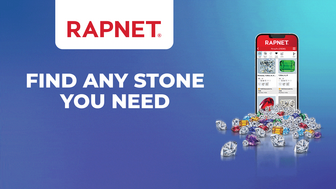
Sponsored by RapNet

Investment firm Enhanced Retail Funding, a division of Gordon Brothers, was the successful bidder.
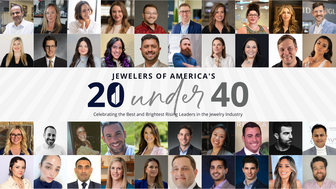
How Jewelers of America’s 20 Under 40 are leading to ensure a brighter future for the jewelry industry.
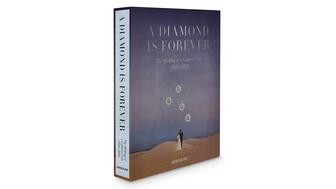
It explores the history of the iconic tagline and the company’s strategy to redefine the role of diamonds in society.

Retail veteran Sindhu Culas has stepped into the role.

Taylor Burgess, who has been at Stuller since 2013, was promoted to the newly created role.

Was 2025 a good year for jewelers? Did lab-grown diamonds outsell natural? Find out on the first episode of the “My Next Question” podcast.
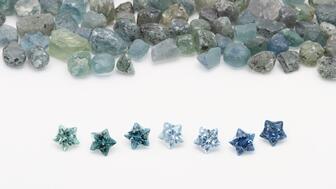
Buyers are expected to gravitate toward gemstones that have a little something special, just like last year.

Plus, JSA’s Scott Guginsky discusses the need for jewelers to take more precautions as the gold price continues to climb.

Morris’ most cherished role was being a mother and grandmother, her family said.
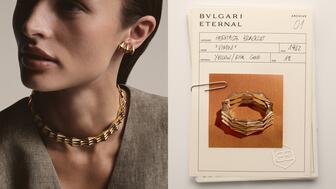
“Vimini” is the first chapter of the “Bulgari Eternal” collection that merges archival pieces with modern creations.

The third edition will be held in Half Moon Bay, California, in April.
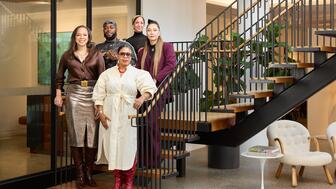
The grant is in its first year and was created to recognize an exceptional fine jewelry designer whose star is on the rise.
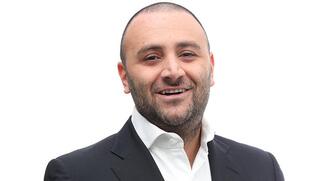
Data built on trust, not tracking, will be key to success going forward, as the era of “borrowed attention” ends, Emmanuel Raheb writes.
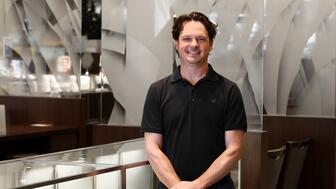
Heath Yarges brings two decades of experience to the role.
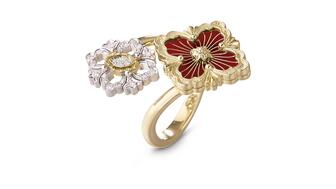
Cartier, Van Cleef & Arpels, Buccellati, and Vhernier had another successful holiday season, Richemont reported this week.

Our Piece of the Week is Lagos’ “Bee” brooch that was seen on the red carpet for the first time on Sunday.

Trevor Jonathan Wright led a crew in a string of armed robberies targeting South Asian-owned jewelry stores on the East Coast.
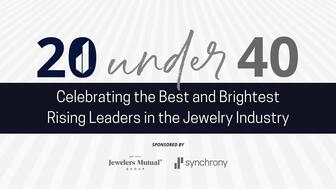
The program recognizes rising professionals in the jewelry industry.

A new lifestyle section and a watch showcase have been added to this year’s event.
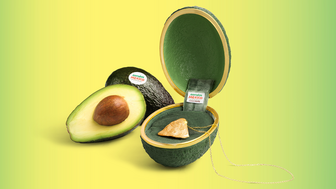
Avocados From Mexico is celebrating those who love to double-dip in game day guacamole with a 14-karat yellow gold tortilla chip necklace.
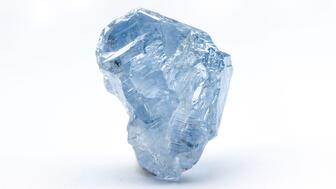
Petra Diamonds unearthed the 41.82-carat, Type IIb blue diamond at the Cullinan Mine.




